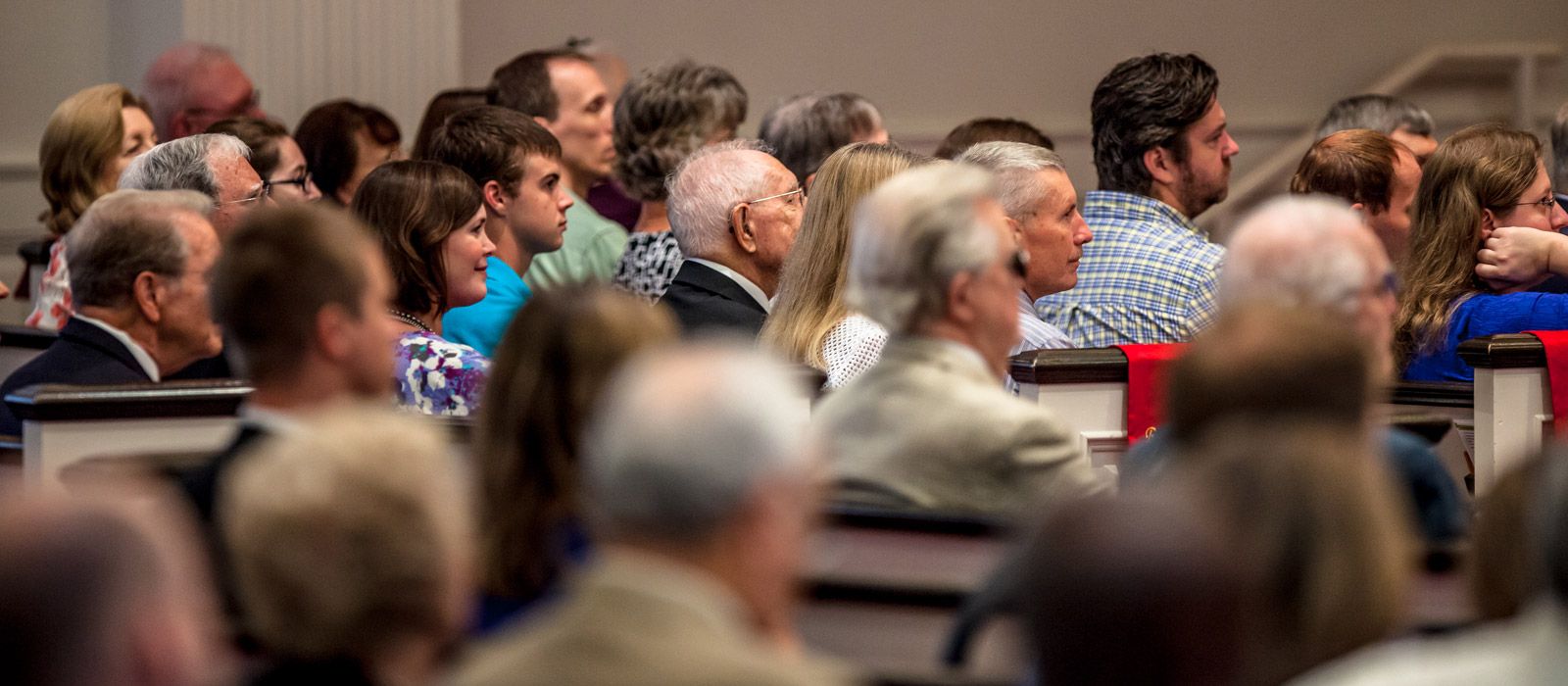WHAT WE BELIEVE – GOD THE FATHER
We get our ideas about God from all kinds of places: our parents, surroundings, culture, friends, and hopefully our church. Some of these ideas might be true, some of them might be false, but when we begin to look to Jesus, he explodes our previous ideas about God and shows us the real thing. To know Jesus Christ is to know that he not only teaches us about God, but that he himself is God, the one true and living God, God come to be with us so we could be with him. Through our relationship with Jesus, we come to know God as our Father.
By God’s grace through our faith, the Holy Spirit places us into the divine family of God, leading us to know that we are the children of God, and if children, heirs of his promises, and if heirs, joint heirs with Jesus Christ (Rom 8:16-17). There is a sense in which God is the Father of all people because he created all people (Acts 17:28; Eph 4:6), but God is the Father of believers in a unique way, as they alone are born again into the family of God and call upon God as “Our Father” (Matt 6:9; John 1:12-13; Galatians 3:26-29; 4:4-5).
Our statement of faith says this about what we believe concerning God the Father: “We believe that God is the Eternal Father, creator of the universe, and the author and finisher of our salvation. In his gracious providence, he lovingly directs all things according to his good purposes. He is all-knowing, all-wise, and all-loving.”
The Baptist Faith and Message 2000 states this concerning God the Father: “God as Father reigns with providential care over His universe, His creatures, and the flow of the stream of human history according to the purposes of His grace. He is all powerful, all knowing, all loving, and all wise. God is Father in truth to those who become children of God through faith in Jesus Christ. He is fatherly in His attitude toward all men.”
God is all-knowing, in that he fully knows himself and all things actual and possible in one eternal act (1 Samuel 23:11-13; Job 37:16; Psalm 139:1-2, 4, 16; Isaiah 46:9-10; Matthew 6:8; 11:21; 1 Corinthians 2:10-11; Hebrews 4:13; 1 John 3:20).
God is all-wise, in that he always chooses the best goals and the best means to those goals (Job 9:4; 12:13; Psalm 104:24; Romans 11:33; 16:27; 1 Corinthians 1:24, 30).
God is everywhere. He does not have size or spatial dimensions, and therefore he is present at every point of space with his whole being. Yet God acts specifically in specific places (1 Kings 8:27; Psalm 115:3; Psalm 139:7-10; Proverbs 21:1; Jeremiah 23:23-24; Daniel 4:35; Amos 9:1-4; Acts 17:28; Colossians 1:17; Hebrews 1:3)
God is all-powerful, as he is able to do all his holy will, whatever he pleases (Psalm 24:8; Jeremiah 32:17; Matthew 19:26; Luke 1:37; Ephesians 3:20-21).
God is all-loving, eternally giving of himself to others (Romans 5:8; John 3:16; Galatians 2:20; 1 John 4:8, 10, 11).
God lovingly directs all things according to his good purposes; he sees to his creation. This is his providence. The term providence describes God’s ongoing relationship with creation. God is actively related to and involved in creation at each moment. Events are not determined by chance (randomness) or by fate (determinism), but by God.
There are three biblical distinctions to God’s providence that help us understand it. First, Jesus Christ actively and purposefully carries along the universe by the word of his power, and all things are continuously sustained by him as he actively upholds the universe (Col 1:17; Heb 1:3). Second, God has a purpose in all that he does in the world, providentially directing all things in order to accomplish his purposes (Psalm 103:19; Daniel 4:35; Romans 8:28; 11:36; 1 Corinthians 15:27; Philippians 2:10-11; Ephesians 1:11). Third, God operates with created things in every action, directing their distinctive properties to cause them to act as they do (e.g., Gen 50:20; Acts 4:27-28; Phil 2:12-13).
As an activity of our loving heavenly Father, God’s providence reminds us that we should have confidence in all our circumstances because God is in control and God is good. We should not live our lives in fear or worry, but trust God (Matthew 6:26, 31, 33; 1 Peter 1:6-7). God is personally concerned about all of his children (Luke 15:3-7; John 10:3-6, 14, 27). We should be thankful for all good things that happen in our lives (Psalm 103:2; 1 Thessalonians 5:18), knowing there is no such thing as luck or chance or fate. We should pray and act, because God has designed our actions as ways for us to participate in the work he has ordained.
Praise God that he brings us into his family, lovingly guiding us toward his good purposes for us and his entire creation!
God bless,



